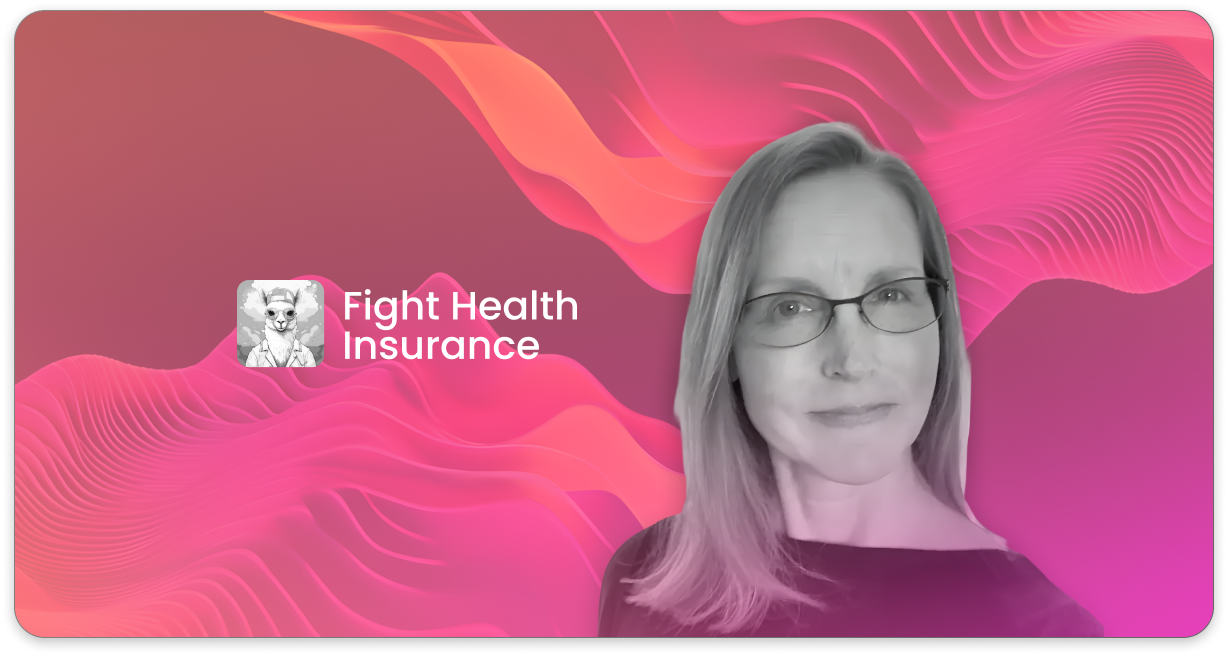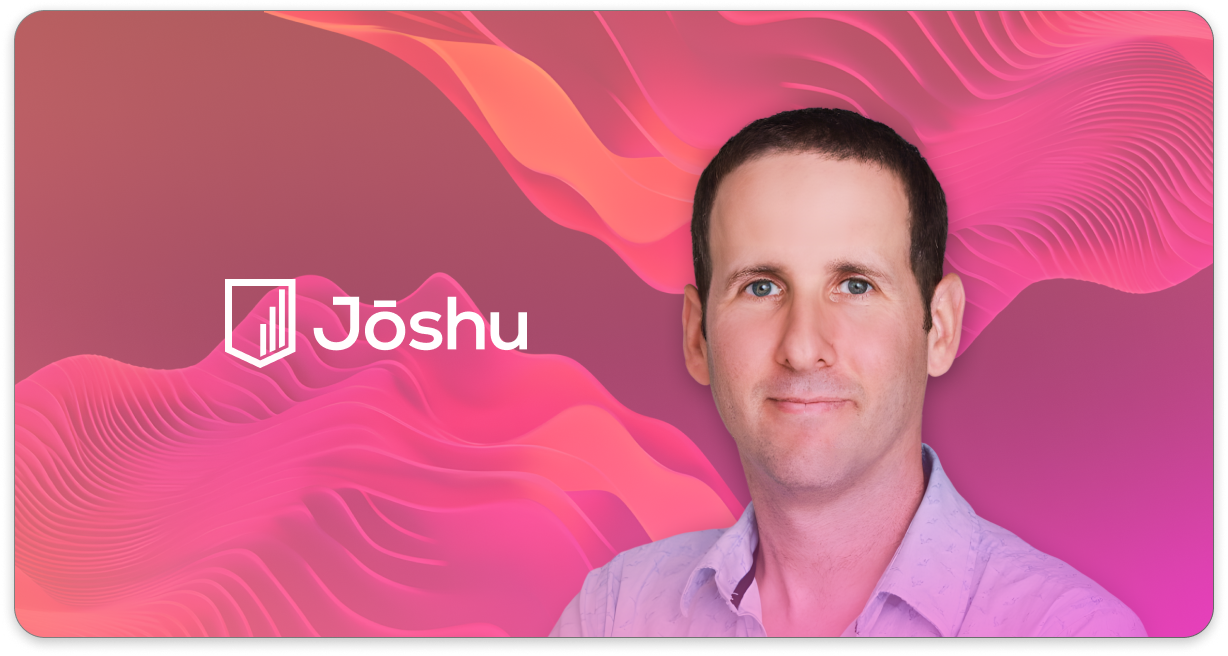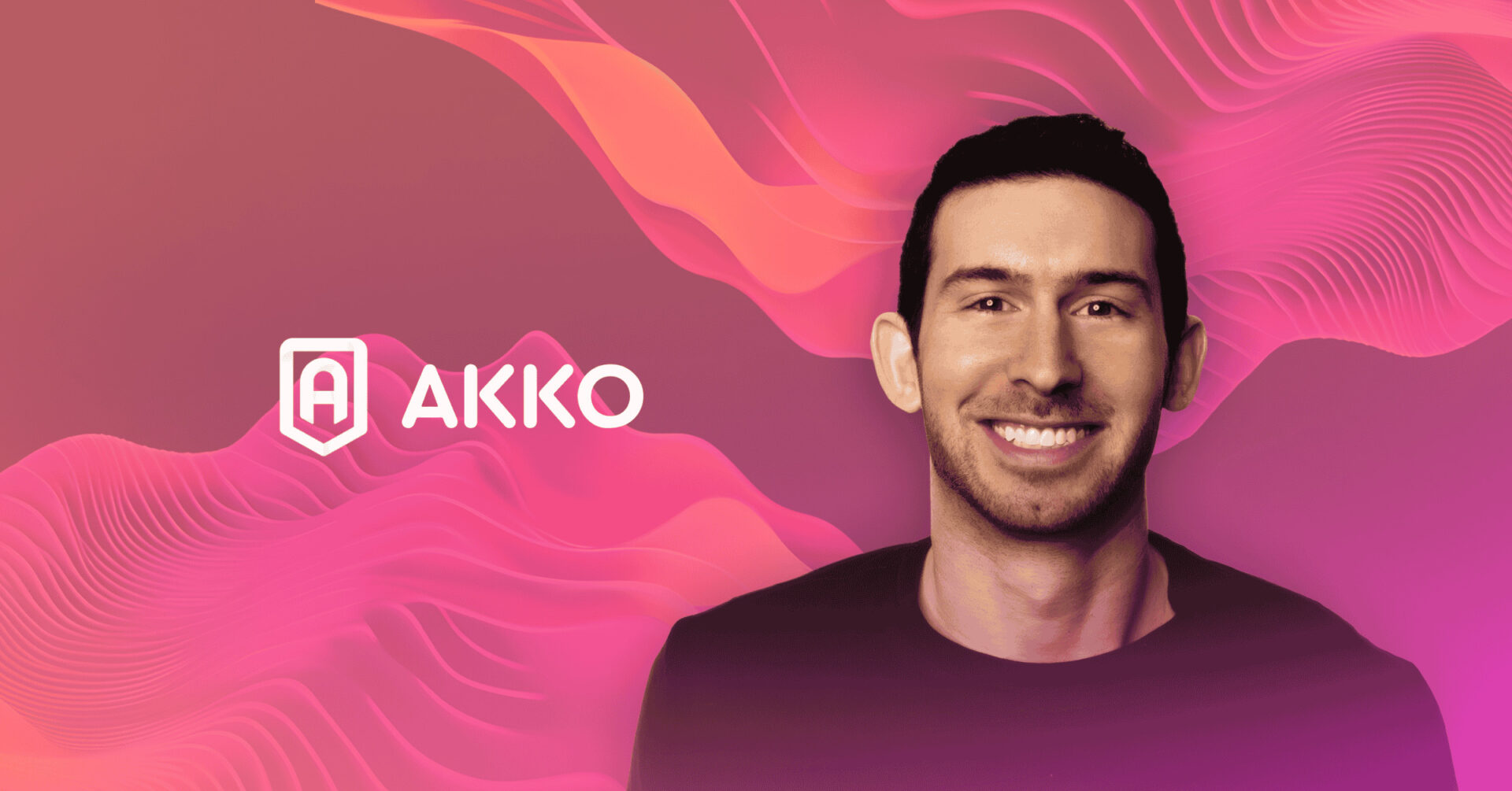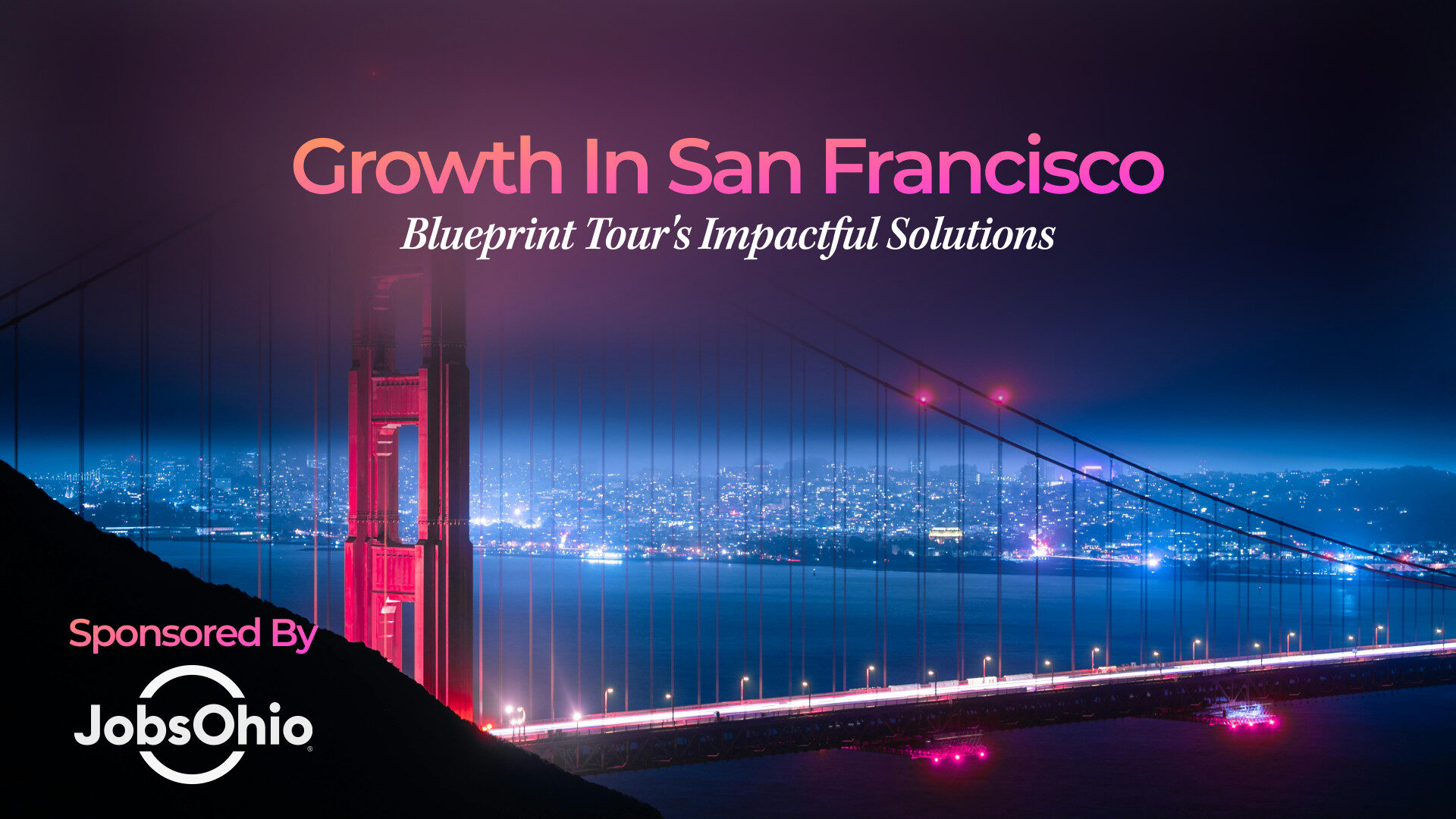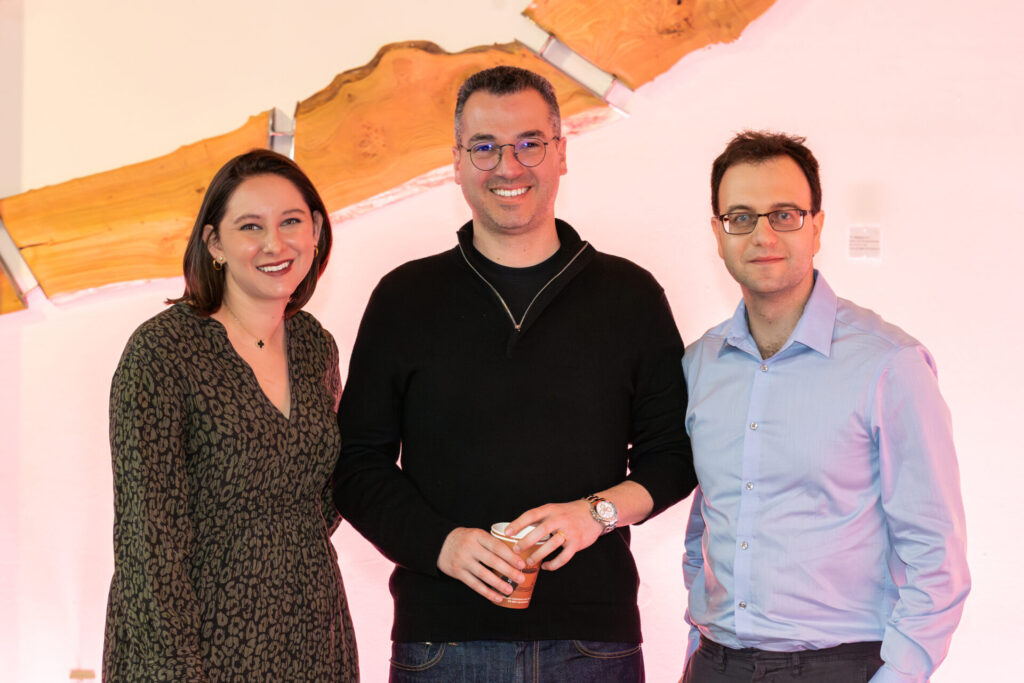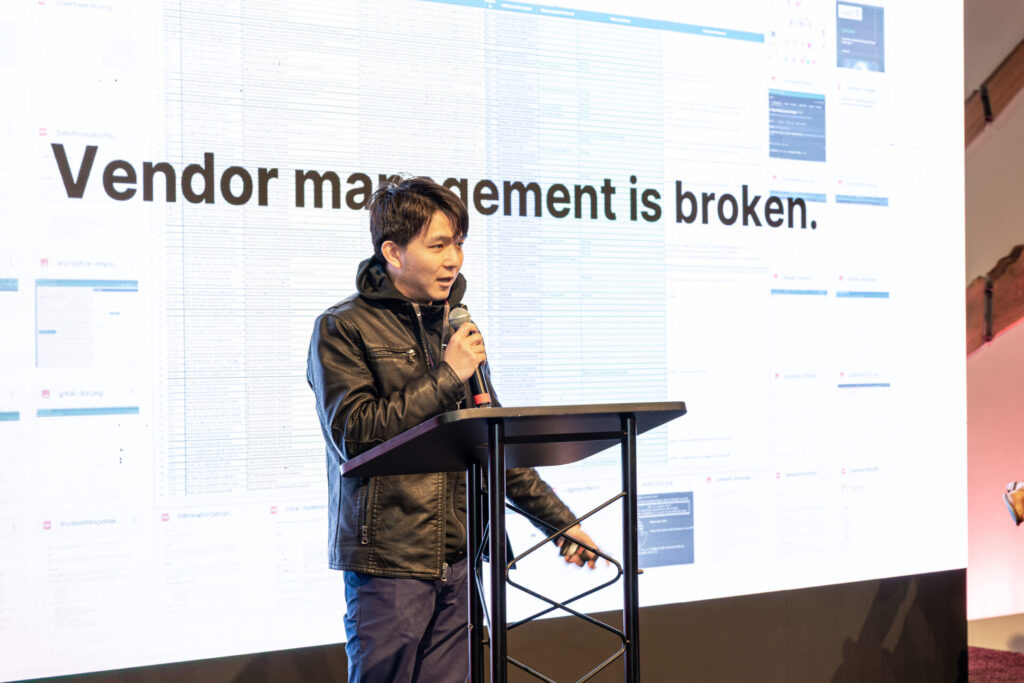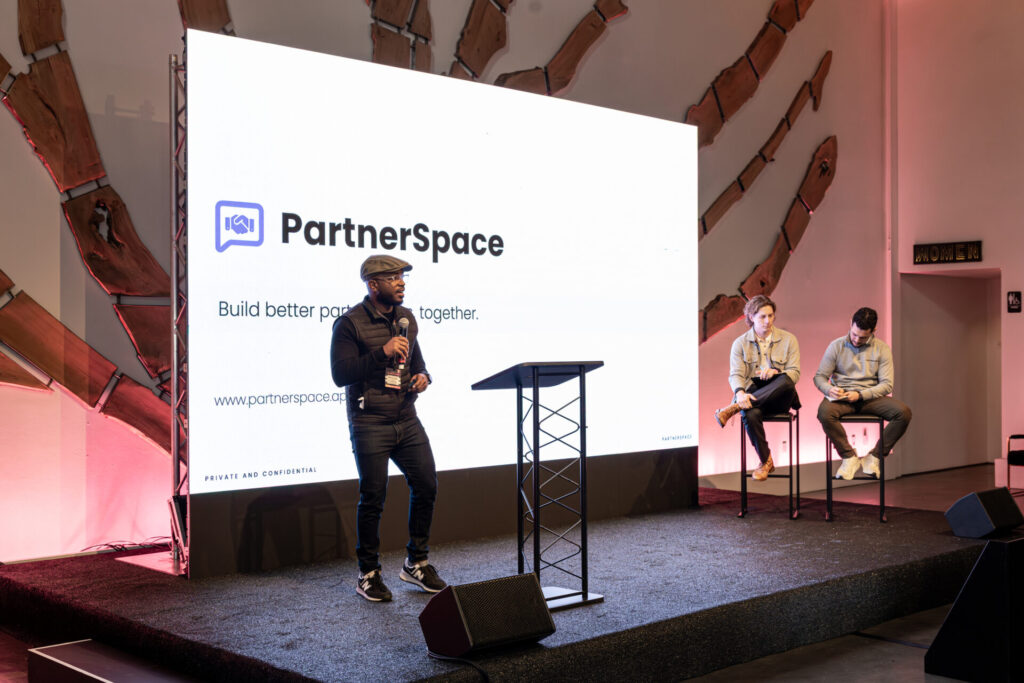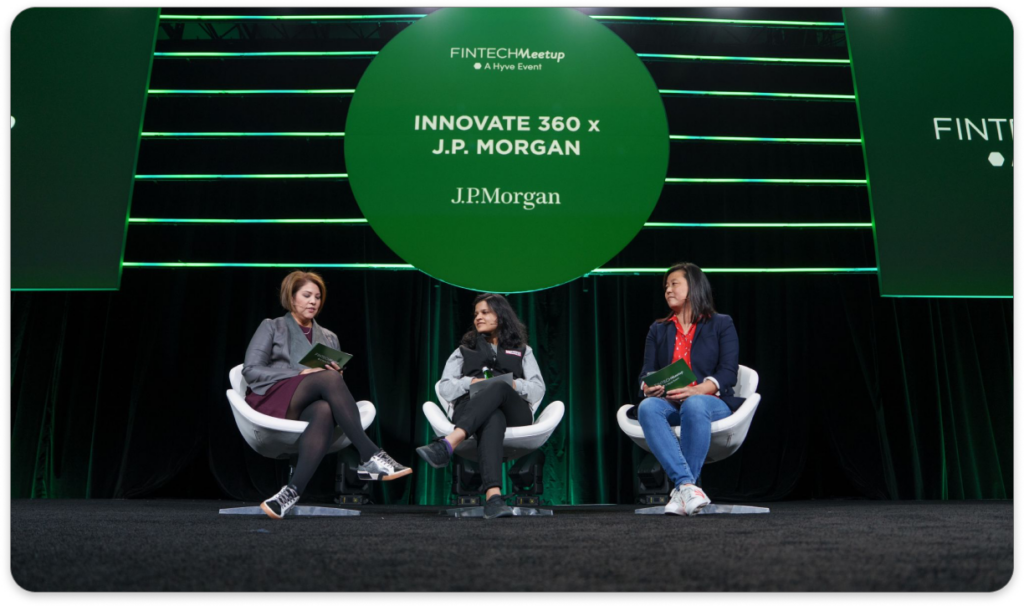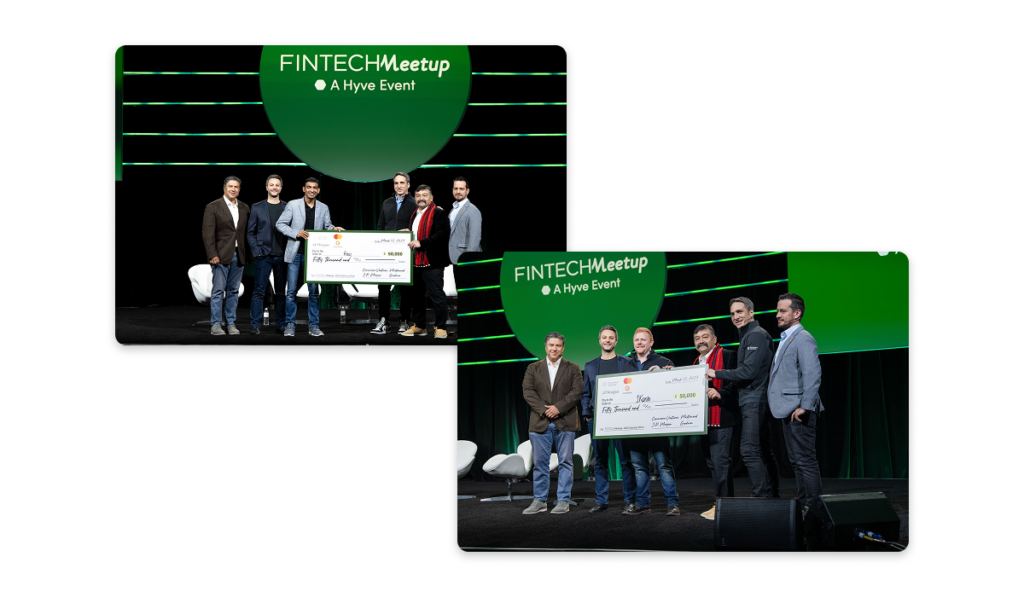Company Overview:
Jay Patel is Co-Founder & CTO at AviaryAI, a leading provider of voice AI solutions, specializing in enterprise-grade applications for the financial and insurance sectors.
We empower businesses to automate and enhance customer interactions through advanced voice technology, seamlessly integrating with legacy systems.
Their platform enables efficient debt settlement, streamlined customer service, and improved operational workflows, ultimately driving increased efficiency and customer satisfaction.
Question:
What is the background of AviaryAI?
Answer:
Before AivaryAI, we were a group of co founders that started the Cambio Money App.
The Cambio Money App originally started as a NEO bank and a regular FinTech that were helping under underserved communities get access to banking, especially those that had got kicked out of the credit system through something that was check systems.
Through that process, we were trying to figure out how to get people’s credit to go up as quickly as possible.
We started with paper disputes, emails and whatnot, and then when GPT 3.5 launched, it was around the same time as those, those memes with the Presidents playing Minecraft with each other, and I was like, Wait, we can just take the voices and that whole tech and just put it on the phone and settle people’s debts that way.
And that’s kind of how AviaryAI spawned.
Before AivaryAI, we co-founded the Cambio Money App, a NEO bank for underserved communities. Inspired by GPT 3.5, we shifted to voice technology for debt settlement, leading to AivaryAI’s development
Question:
What are some of the challenges that your team has faced in the earlier stages?
Answer:
So the pivot was really tough because we we were trying to build the version that helped settle people’s debt in tandem with the version that aligned with enterprise, like interests.
They just could not go like work together, because the one that’s trying to settle people’s debt is honestly a little just more aggressive than what was available to the enterprise, because it’s, it’s different, right?
You’re in a negotiation mode versus, you know, trying to be a pleasant consumer facing customer service agent, right? But then, even after that, and we shut down the old company, the biggest thing was educating our users on AI.
You know, most people like when they got to play with chatgpt, most people just put something in there, treated it like Google and left right, and that’s kind of where a lot of our clients sit, and especially the people who end up actually using our software after people procure it.
It’s people that tried champion chatgpt Maybe once or twice, and now we’re giving them this agent that they have to go set up and configure and basically get it to do good work on their behalf.
So currently, our process is still super high touch, even though we have software in place that lets them do it themselves, just everyone’s so scared to do it wrong, especially because you’re making outbound calls to people you know you don’t want to ruin your brand’s reputation and whatnot.
And that’s that’s a big hurdle for them to go over. So what we do now is we have a customer success team that goes and essentially builds their first one or two for them, and then, going forward, we actually built an AI based on the notes from every previous ones of our customers that’s going to walk through and build your first couple use cases for you.
Going forward, maybe that’s going to launch in about three weeks, but yeah, the biggest thing has just been, one, after the sale, getting the actual business users to use it.
And two, once they see value, they can champion it for us to their IT teams to actually start integrating us their internal technology.
Question:
Can you share any memorable or defining moments that have helped shape this company?
Answer:
When we were first building this stuff, we knew that we wanted to do something in the voice AI space, and we had that bot that was originally from the consumer app. So what we did was we went around our network, through our board, and met up with a bunch of people in a bunch of different industries.
So we went and we met up with an overflow call center, we met up with an insurance servicing call center, and we met up with both a credit union and a bank, and we basically spent time figuring out what the best thing to do in this space with our technology was.
So there was a about like a six week period of time where we were building four products simultaneous.
Simultaneously. Um, we built an auditor that basically monitored actual customer service reps scores with like, custom metrics and like a way that people can go and ask, what went wrong on this call?
What’s going wrong on all my calls? In aggregate? We built a real time translation tool.
So let’s say I was speaking in Hindi right now, and you were a customer service rep. On your screen, you would see the English version of what I was saying, and you could type it back in a clone of your own voice.
You would be sounding back to Hindi to me over the phone.
We also built what we’re building today, which is the voice agent, and then the knowledge base. So it was kind of this weird place, especially for me and the engineering team, where we were building four things, and it was like, All right, well, what’s going to get killed here, right? And then, like that, that moment where it was like, actually deciding, like, what products gonna get killed?
Because especially as you’re building, you kind of start falling in love with what you’re building a little bit. So when we finally made that decision and cut down our translator and our auditor services, it was, it was like, Oh, this is real.
And these the knowledge based product and the voice agent are, like, getting traction, and we just need to focus on that. And it just, it finally felt like things were clicking.
Question:
What is the differentiator between AviaryAI and your competitors?
Answer:
There’s definitely a bunch of people in the voice AI space now, the first, but I think we were probably the first verticalized one.
And it’s really that vertical, especially insurance companies and credit unions and some banks, they are running on this really, really old software that’s really hard to integrate into and not really obvious to integrate into.
So there’s like, platforms where you can basically go and build a voice agent for yourself really easily, and, like, hook it up to a tool like everyone knows, like Calendly, but there’s no platform where you can hook up a tool to the back end banking systems of a credit union, and that’s kind of what makes us different.
We’re going to be plug and play for financial institutions and insurance companies from essentially the moment they start their IT. Teams actually begin working with us, like they work with us.
To rephrase that, they do work with us today, but like from sale to when their IT team gets our project, we have that weird in between period where we’re trying to teach the business users how to use the software in the basic state, and then we go to more advanced states.
Question:
What kind of feedback have you received from your customers, and how does that shape your business strategy?
Answer:
So definitely the initial gut reaction for when they try to do something, the first time, they’re just like, Oh, it can’t do all this.
Can it? And then we have to walk them through being like, No, it really can do all of this. And then when they do see it, and they finally deploy their first agent with us, and they start getting their reports back, they’re like, whoa.
This is actually just working. And there’s one of two feedbacks. Awesome.
So, how do I get more data visibility? And then two is, sometimes they go remote, remote, silent. And we always thought that was a bad thing, but they would just come back and be like, what you guys did worked well enough where we just had way too much inbound volume on things to kind of handle, handle it.
So we didn’t want to start another use case yet, but we they kept the contract right, so they’re going to start another use case once they’ve kind of figured it out, and then we have that knowledge based product too.
A big thing with that is we built this knowledge base that helps CSRS spend less time on them. The the big feedback for that one is, once people start using it and they realize they can’t basically tell an AI the tribal knowledge that they have, they kind of realize that their documentation is bad, and they go through this overhaul to make it better, and that makes our product work better with theirs too.
So like a lot of those things that you would hope it makes them reflect on, oh, we had a bad process before, and we have to make it better for our tools to work better. So we’re also now building tools to help them make their stuff better.
Question:
What is your growth strategy?
Answer:
So we have two teams, obviously, me being on the technical side of the FEM team, I’m always concerned to make sure our stuff’s up to stuff. But for the most part, we are. We are either better than the majority of our competitors or competitive with the best one, right?
So it’s not that our technology isn’t there. It’s more just about, how do we make it easier for them to use now? And that kind of increases our sales velocity on like, Oh, it’s so easy to use that you don’t need to get your IT department involved, right?
So it’s a little bit hand in hand, but not really, but because our technology has gotten in such a good place over the last nine months, we’ve kind of just been like, Okay, we just need to get more people in the door. And due to the fact they’re enterprise clients, they just move a little slower.
So we just, we’re now working on, okay, even if they sign the contract and they’re in the door, and we have that as realized revenue, we we want them to be happy with the product too. So it’s like, how do we get them, even after that post buy? How do we get them going as quickly as possible? You know?
So it’s kind of go. It goes in the same way. And also just the the two industries that we’ve really targeted, they’re they’re word of mouth industry is more than like, TV advertisement or podcast advertisement industries, right?
So like, as soon as we start really showing value to a couple of them, the word spread, that’s basically what’s been happening almost every single one of our clients from the last four enterprise contracts we’ve landed had been referrals from a previous client
Question:
What are the short term and long term goals for the company?
Answer:
For the short term, we kind of just want to make it as easy as possible for business users to get as far as possible without dragging their IT resources into it.
So we’re really trying to figure out how to hook directly into some of the providers specifically so they can just drop in their API key, rather than having to go through their API and I go through their IT department.
So it’s really just going from contract sign to value faster now, and that’s kind of our short term goal, because the moment we can do that, especially going back to the whole like our customers are going to talk to our next set of customers, kind of feedback loop that we’re going through here.
If we can get the ones that have just signed today to basically get going as soon as possible, it’s going to just increase the speed of that. So that’s what we’re really focusing on the next four months, that the naturalness of our voices.
So we’ve been working on a new voice model internally. That’s pretty, pretty good, but we’re trying to get fast.
Long term, there’s, there’s a couple different plays going on here, given the tools that we it we’ve talked about is we kind of want to make those tools accessible to other AI tools and build like a marketplace, maybe around that as well, so it no one has done what we’re doing because it’s really hard and very annoying to do so, and you kind of need, like the right contacts to do in so if we can make it easier for other developers and other like companies to set up shop, that kind of just opens a whole new can of worms of just now, not only are we going to be The best chat agent for enterprises in this space to use.
We’re going to have the best voice outbound agent, the better enterprise can use. And now, when other people from other spaces or tools that they’re already using can’t hook into their system, we can be that layer that helps those tools hook into their system.
And it just it’s going to be this very cohesive system of just like allowing AIS to work with these older institutions that other development shops focused on.
So it’s finally just kind of giving them the opportunity to modernize all their tools, and hoping that once we do that, and if we can build those adapter layers, that the other providers can come in and start, you know, bring these guys into the present.
Question:
How are you managing your work-life balance
Answer:
it’s gonna sound weird, but it’s gotten a lot better because we have an office now for me, I guess. But like, because we have the office now, when I leave the office, I just try not to do any more work for the most part. But yeah, it’s it’s definitely been difficult.
It’s gotten a little easier, and now that we’re growing, we’re finally hiring more people. So a lot of my time is just it’s spent differently than it used to, like I used to just be hands on keyboard constantly, just basically churning out code these days, just due to, like, the different cycle of work.
Even though I’m probably working more hours than a typical person would, because it’s different kind of work, the burnout doesn’t get to me as much as it used to.
So one that’s super helpful, just being able to kind of transition from different kinds of work and then two, like you gotta, you gotta keep your weekends, right?
You gotta have, like, a day, maybe two days, where you can just make sure you got all your stuff in order, and just at least try not to think about it, so you can come back refreshed. And that’s kind of how I, I handle it,
Question:
What do you do outside of work, to recharge?
Answer:
I longboard when the weather is nice. It’s just nice to put some music on and just go out for an hour or two, and then I’ve been three modeling and 3d printing, just little like, knick knacks.
A lot of my cousins are having kids now, so I just make them toys. It’s fun.
Question:
What’s one fact about you or the company that people might not know?
Answer:
We had a voting session about what the company’s name should be, and I submitted the name, pigeon.ai, and it won, but got vetoed, so we could have been pigeon instead of AviaryAI. So it’s named aviary because, um, we originally started this voice AI company, and going back to the whole pigeon thing, I made my case for it.
Um, I was thinking about messenger pigeons, but then when blessings started presenting it out, he just thought everyone thought it sounded like a like, apparently everyone thinks pigeons are gross. I think they’re kind of cute, but yeah. So he was just like, yeah, no one likes that, but we wanted to keep the bird thing. So it was like,
Okay, well, messenger birds go into an aviary. Or the next answer was pigeon coupe. But you can’t just have the word pigeon in it for some reason.
Yeah. So that’s how we kind of got to aviary, and it’s really funny, all of our internal services inside are named after birds. So like, look at all of our code bases. There’s just different bird names. So our our entire GitHub just looks insane.



